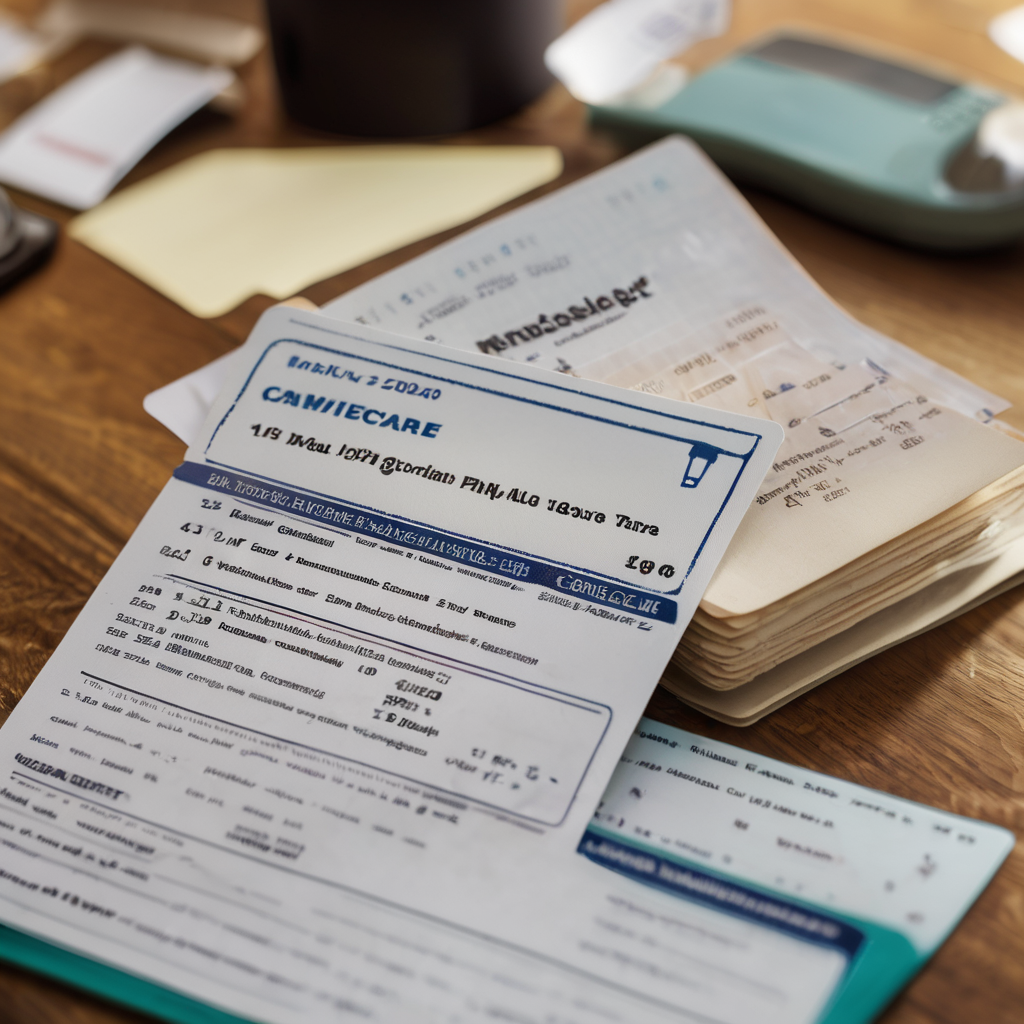Nearly 70,000 individuals across Massachusetts who rely on the state’s three largest Medicare Advantage providers are facing potential disruptions to their healthcare coverage. This situation reflects broader trends in the Medicare Advantage sector, where escalating drug and medical costs, increased enrollments, and modifications to federal payment structures are transforming these plans from sources of profit to ones straining under financial pressures.
As Medicare’s open enrollment period unfolds, many seniors are encountering higher premiums and reduced benefits. Edward Dailey, an 81-year-old retiree who has relied on his Blue Cross Blue Shield plan, reported an alarming price increase of nearly 25%—from $87 to $108 per month—along with cutbacks in dental coverage.
For 2026, Point32Health, the parent of Harvard Pilgrim and Tufts Health Plan, has scrapped its zero-dollar preferred provider organization (PPO) plan, which previously offered patients a wider network of doctors. Additionally, Blue Cross Blue Shield will replace its zero-dollar premium plan with a new one charging $56 monthly. Both insurers have eliminated primary care providers at major health systems like Mass General Brigham, forcing patients to find new doctors or bear the costs of out-of-network care.
In recent years, the financial landscape has worsened for these insurers. Blue Cross Blue Shield recorded a loss of $113 million on its Medicare Advantage offerings last year and anticipates an even larger loss this year. Krista Bowers, Blue Cross’s senior vice president for government programs, emphasized the industry-wide nature of these challenges.
While the existing insurers assert they still provide plenty of options, the outlook for Medicare Advantage is shifting. Nationally, enrollment is projected to decline for the first time in years, with estimates falling from 34.9 million to approximately 34 million individuals. The Centers for Medicare and Medicaid Services anticipates that the segment of Medicare patients using these plans will decrease from 50% to 48%.
As open enrollment runs from October 15 to December 7, the future of Medicare Advantage remains uncertain. The plans, which gained popularity for their one-stop healthcare coverage and attractive benefits, are experiencing significant challenges. Rising healthcare costs, combined with changes enacted by the Inflation Reduction Act and updates to payment models, are creating further complications for insurers.
Despite projected federal payment increases to Medicare Advantage insurers, the rising costs of healthcare continue to outpace these adjustments. Massachusetts saw nearly a 9% increase in healthcare spending this year, highlighting a long-standing issue in the region.
Several insurers are retreating from the Medicare Advantage market altogether, reflecting a worrisome trend as firms struggle to manage mounting costs. The contraction of the Medicare Advantage marketplace raises concerns about the availability of options for consumers and underscores the pressing need for solutions to stabilize this critical component of the healthcare system in Massachusetts and beyond.
